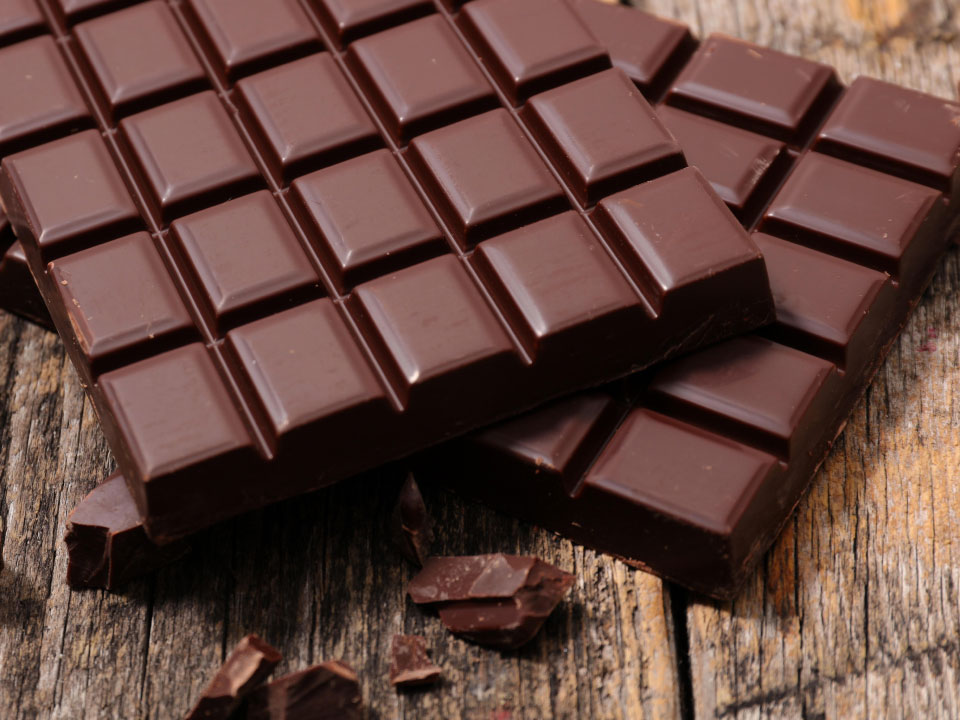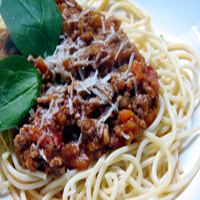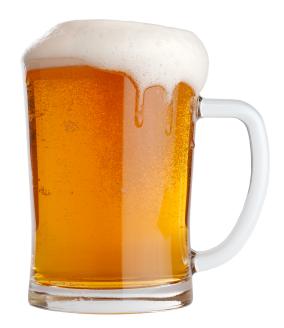Brouwerij Heineken

Heineken NV is a Dutch multinational beer and beverage company with a presence in more than 190 countries (there are 195 countries on earth). Heineken NV owns 300 beer brands. With a total beer volume of more than 218 million hectoliters (2017), Heineken is among the largest breweries in the world after the Belgian company Anheuser-Busch InBev. In addition, Heineken is the largest producer of cider in the world. Production takes place in more than 140 breweries in 71 countries. Heineken also operates through export activities and licensed partners. More than half of the sales are in Europe. Heineken had about 80,000 employees around 2017.
History
Origine
The Heineken company was founded on February 15, 1864, when Gerard Adriaan Heineken, aged 22, bought the brewery "De Hooiberg" in Amsterdam[2]. In 1867, due to the threat of the Nieuwezijds Voorburgwal, through which the raw materials were brought and the beer was sold, the brewery was moved to the outskirts of the city. Once built, the new building was located at the corner of the Stadhouderskade and the Ferdinand Bolstraat in De Pijp. The factory also included the De Vijfhoek brewery, whose emblem, a five-pointed star, still appears in its logo.
In 1873, the brewery was transferred from Heineken & Co to Heineken's Bierbrouwerij Maatschappij, in which the Rotterdam brewery Oranjeboom also had a few shares. The following year, a second brewery was opened in Rotterdam, entirely dedicated to the brewing of bottom-fermented beer. This was to meet the emerging competition from the Amstel brewery. In 1886, Dr. Elion, a student of Louis Pasteur, developed Heineken's A-yeast. This yeast still forms the basis of Heineken beer. In 1887, Heineken switched completely to bottom-fermented beer production,[3].
On behalf of the Netherlands, Heineken's Bierbrouwerij Maatschappij won a Grand Prix Paris at the 1889 World Exhibition in Paris. A year later, Heineken was allowed to supply beer to the Eiffel Tower restaurant built for this exhibition.
After the first world war
After World War I, the company focused increasingly on exports. Shortly after the softening of prohibition in the United States, which allowed sales of beer with an alcohol content of up to 3.2%, the first boat with Heineken beer arrived in Hoboken, New Jersey, on April 11, 1933, making Heineken the first beer importer after prohibition,[4][5][6] and Heineken has been the most successful imported beer brand ever since. Especially for the American market, Heineken Dark is brewed. In the Netherlands, market share was increased by buying competing breweries and then closing them, such as De Sleutel in Dordrecht, Van Vollenhoven in Amsterdam and De Zwarte Ruiter in Maastricht. Small breweries, especially in the south of the country, were driven from the market after World War II, partly by offering lucrative agencies (the brewery would henceforth be allowed to distribute Heineken beer if it stopped brewing), as a result of which the once diverse Dutch beer culture was history within a few years and was replaced by a homogeneous pilsner culture.
1968 and later
In 1968, Heineken merged with its biggest competitor, the also Amsterdam-based Amstel beer. A large new brewery with new headquarters for the Netherlands was opened in Zoeterwoude in 1975. The Amstel Brewery closed in 1980, after which production was moved to Zoeterwoude and 's-Hertogenbosch. The Amsterdam Heineken Brewery closed in 1988, its hall converted into a visitor center. Housing was built on the site of part of the brewery grounds and a square was created, named after the painter Marie Heineken, family of the brewers. The remaining part of the brewery complex is now a national monument (complex 527808, consisting of monuments 527809, 527810 and 527811). In 1989, Heineken acquires the Limburg brewery Brand, becoming the largest player in the Dutch beer market.
Gerard Adriaan Heineken's grandson, Alfred Henry (Freddy) Heineken (1923-2002), further established Heineken as a brewery and international concern. After Freddy Heineken's death in 2002, Charlene de Carvalho-Heineken inherited her father's interests and became major shareholder of Heineken Holding.
Cartel conviction
On April 18, 2007, the European Commission fined Heineken nearly 219 million euros for prohibited price-fixing agreements with three other brewers. During inspections, the Commission had found notes of secret discussions in which beer sales to supermarkets, hotels, restaurants and pubs were divided. The agreements, made at the highest levels of the organizations, included cheap private labels and discounts to cabinet owners. Euro Competition Commissioner Neelie Kroes called the collusion by brewers to divide the Dutch market among themselves and drive up prices a clear violation of the rules.
The other breweries involved were Grolsch (fine: 32 million euros), Bavaria (23 million euros) and InBev. The latter firm escaped a fine by providing information about the cartel and about other brewers in the EU market that was "decisive" in the investigation. The four brewers controlled virtually the entire Dutch beer market, with Heineken holding about a 50 percent share and each of the other three 15 percent. According to the commissioner, the four tried to cover their tracks by using code names, showing that the brewers knew their agreements were illegal.
There are no articles in this category. If subcategories display on this page, they may have articles.










